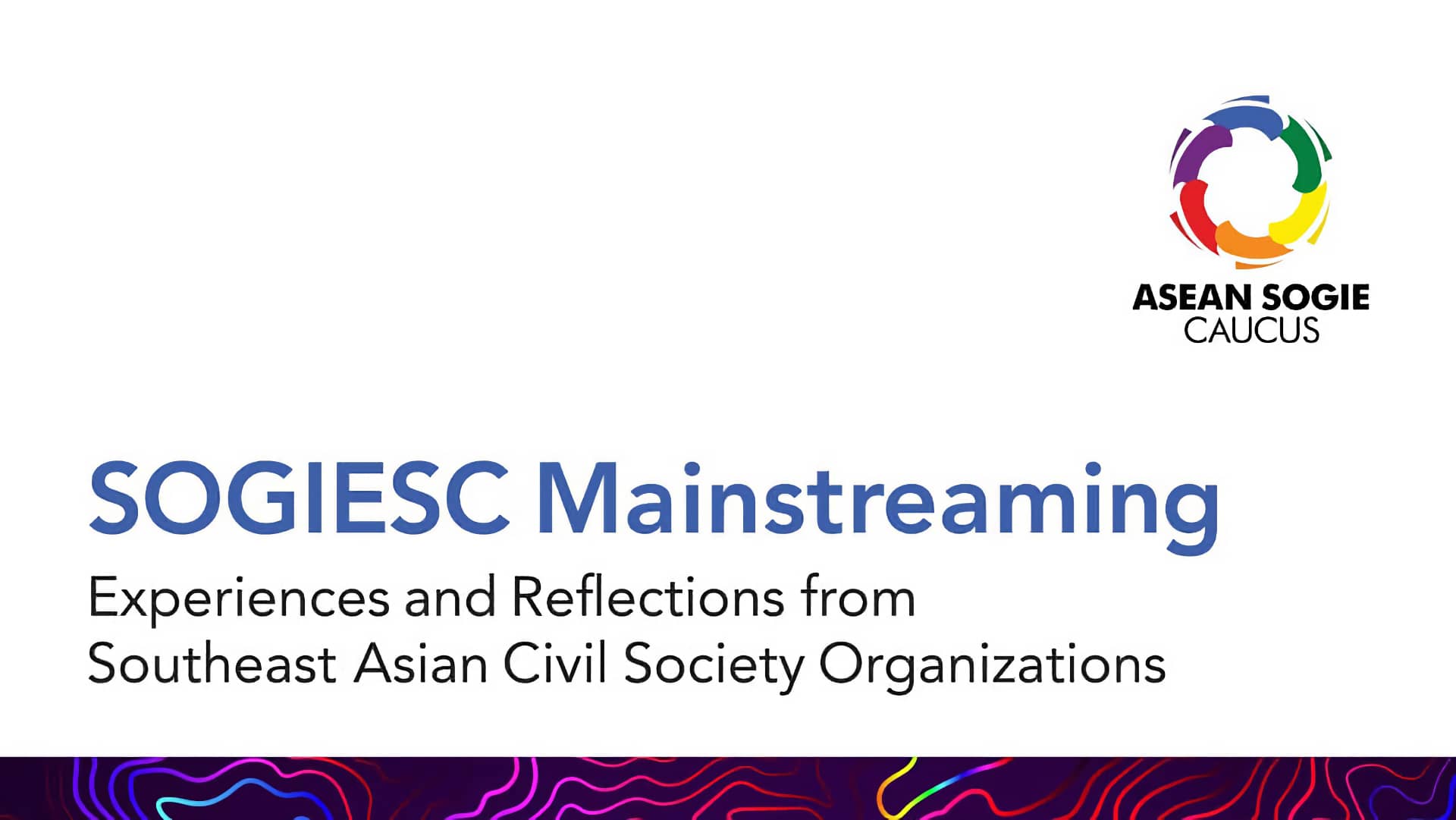
Intersectional approaches to advance the human rights of LGBTQIA+ persons is increasingly being applied by civil society organizations in Southeast Asia. Increasingly there has been efforts by many non-LGBTQIA+ focused groups to integrate SOGIESC into their work around cross-movement issues such as access to justice, inclusive employment and livelihoods, removing barriers to access to education, and ending domestic violence. These entail internal leadership and political commitment, technical expertise, and solidarity building.
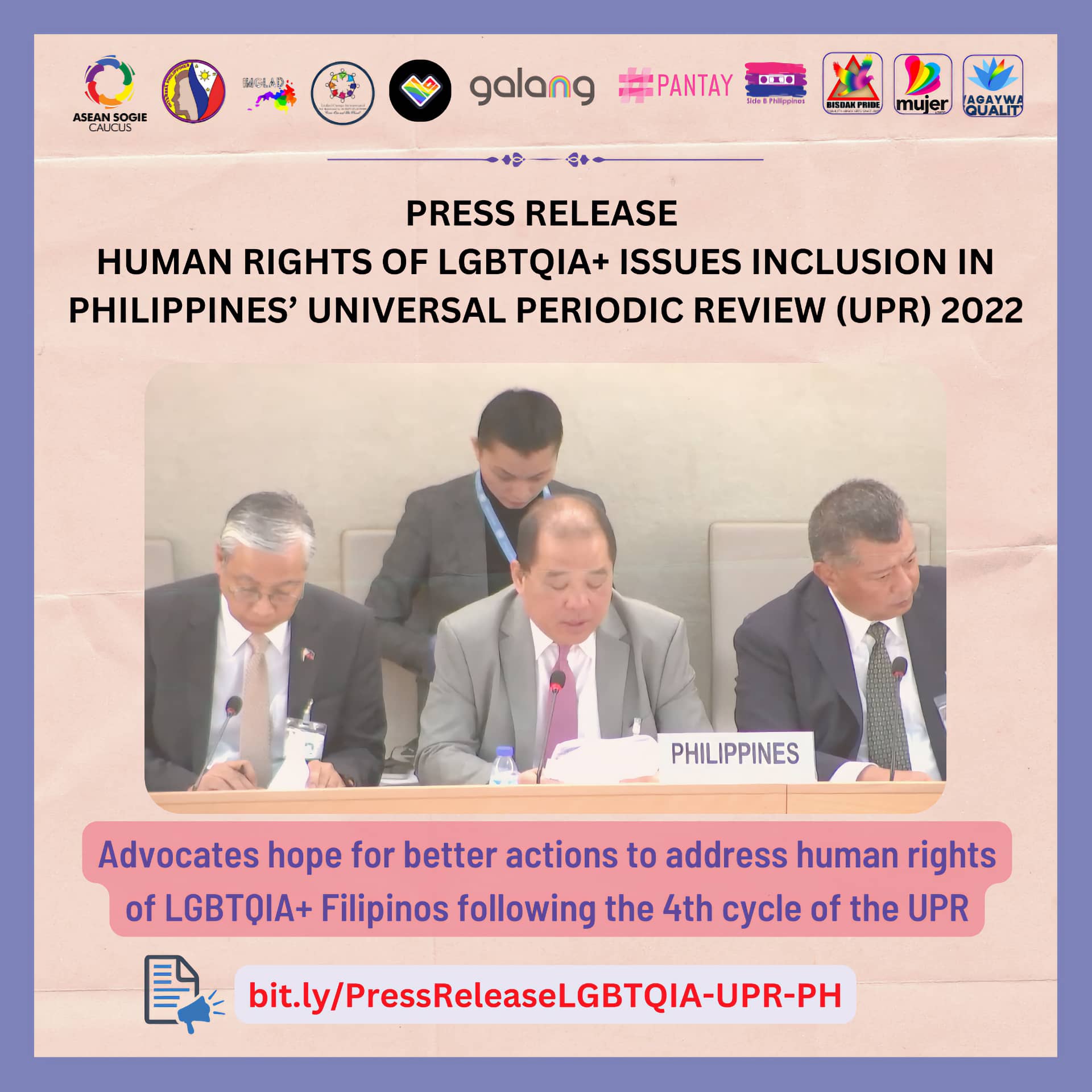
PRESS RELEASE
INCLUSION OF THE HUMAN RIGHTS OF LGBTQIA+ IN THE PHILIPPINES’ UNIVERSAL PERIODIC REVIEW (UPR) 2022
MANILA, PHILIPPINES—The Philippines’ human rights record is reviewed by the United Nations Human Rights Council’s Universal Periodic Review (UPR) yesterday, November 14, 2022, at 10 a.m. Geneva (Switzerland) time, for the fourth time. The Philippines’ first, second, and third UPR took place in 2008, 2012, and 2017, respectively.
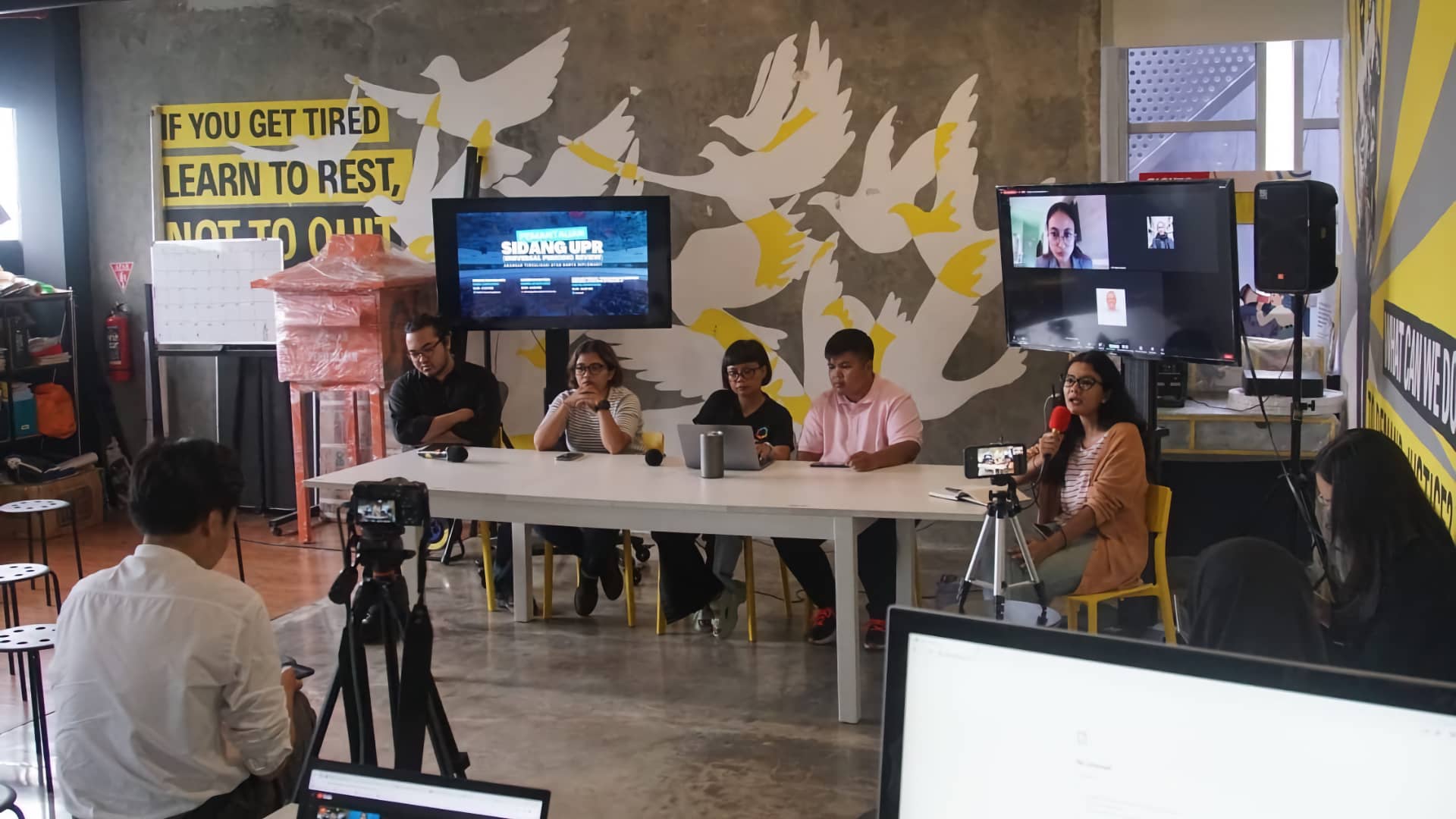
Indonesia has passed periodic monitoring of the promotion of Human Rights in the Universal Periodic Review (UPR) session of the UN Human Rights Council in Geneva, on 9 November 2022. The Civil Society Coalition for UPR Reporting, consisting of: Amnesty International Indonesia, ASEAN SOGIE Caucus, KontraS , KIKA, the Indonesian FreeToBeMe (FTBM) Coalition, SAFEnet, and Transmen Indonesia, held an agenda to watch the session live together to monitor the report of the Government of the Republic of Indonesia in the session.
During the 4th round of the UPR session, the Indonesian Government reported on Indonesia's achievements in fulfilling human rights, including the success in passing the Omnibus Law on the Job Creation Law, passing the Sexual Violence Crime Law (TP-KS), infrastructure development and increasing the budget for autonomy areas in Papua, as well as the successful handling of COVID-19. However, the coalition considers that what is conveyed by the Indonesian Government is in contrast to the actual situation, which has also been reported by Indonesian civil society through an alternative report sent in March 2022.
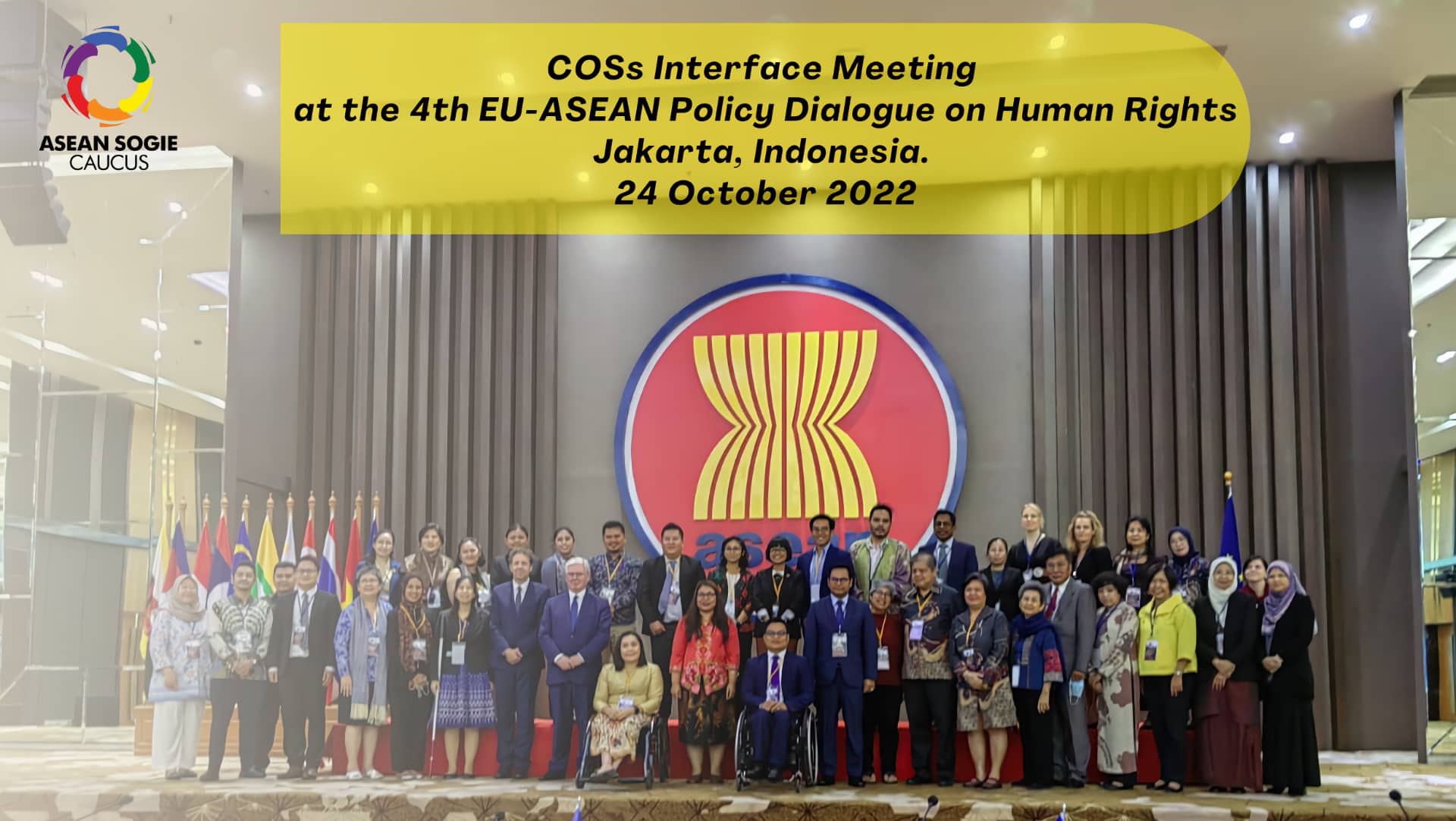
On behalf of Civil Society Organizations (CSOs)[1] that participated at the 2nd EU-Southeast Asia CSOs Forum held on October 21-22, 2022 in Jakarta, and in parallel with the 4th EU-ASEAN Policy Dialogue on Human Rights, we would like to express our gratitude to the EU-ASEAN Forum on Human Rights for the space and opportunity to engage in a dialogue with civil society representatives. We believe that this is proof of commitment for improved communication, coordination, and meaningful engagement between CSOs, ASEAN, and the EU to achieve our common aspiration to leave no one behind.
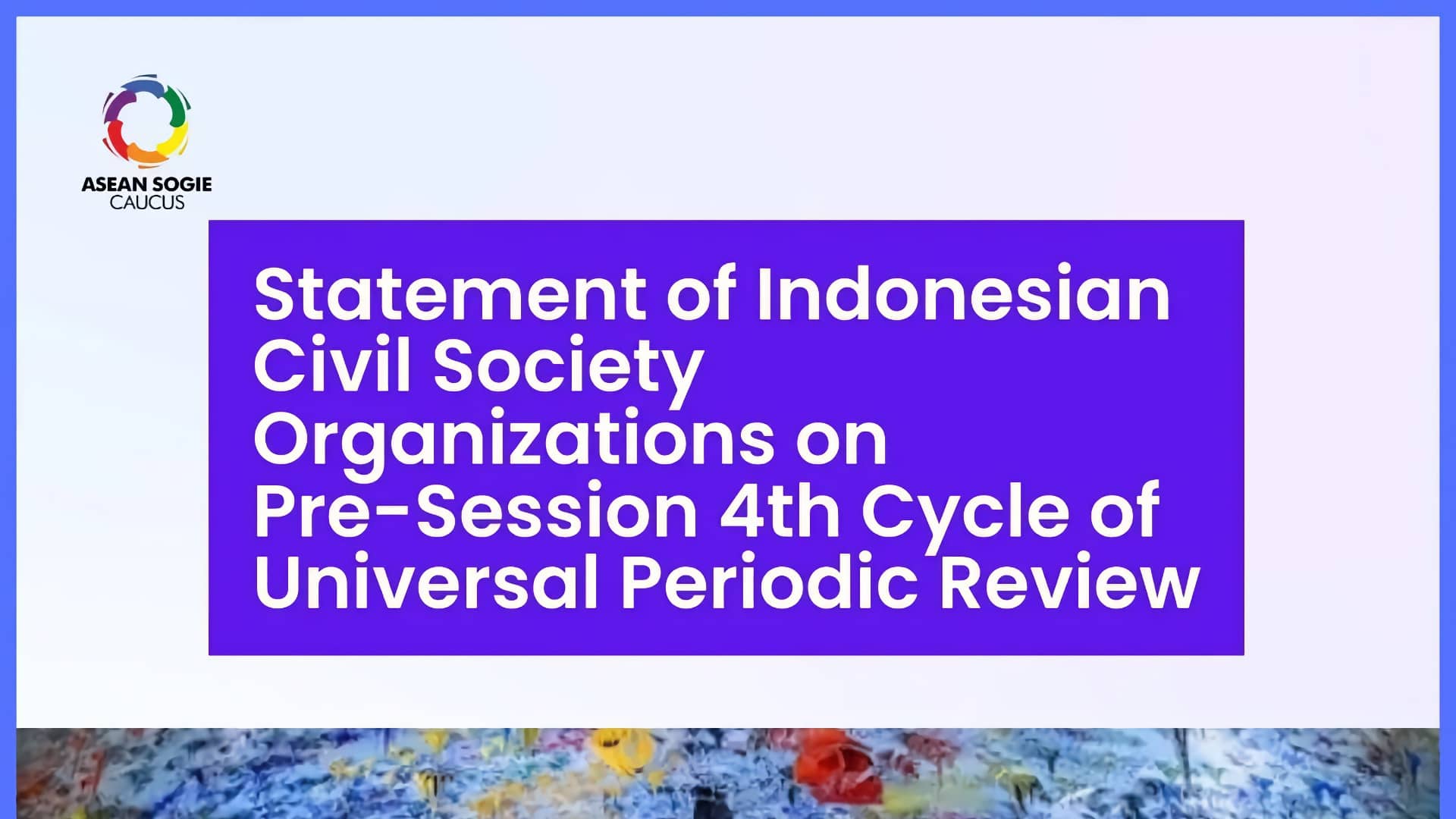
In the Pre-Session of Universal Periodic Review for Indonesia on August 31, 2022, held in Palais des Nations, Building E, Room XXI, Indonesian Civil Society Organizations presented the human rights situation for the last 4,5 years. A few organizations, such as KontraS, SAFEnet, Amnesty International Indonesia, SERUNI, and KIKA, conveyed the shadow reports that were drafted and submitted in March 2022 as a form of participation of civil society in reviewing the human rights situation in Indonesia.
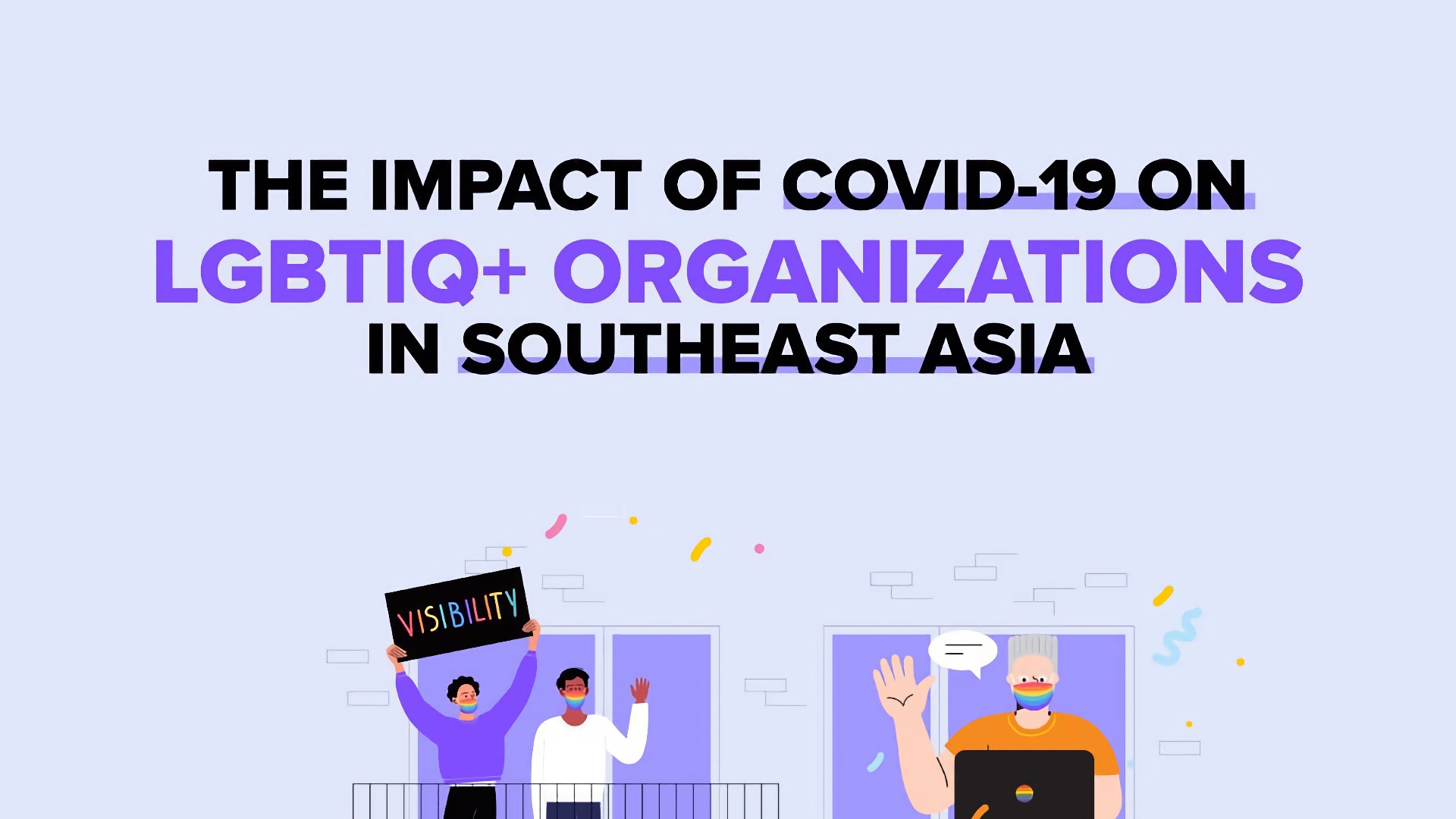
EXECUTIVE SUMMARY:
Since the World Health Organization (WHO) declared a pandemic in 11 March 2020, governments in the ASEAN region have struggled with COVID-19, undertaken many measures and prohibitions. Except for local ad-hoc government initiatives, there has been no state-led COVID-19 response inclusive of SOGIESC. The lack of information about coordinated action indicates a lack of regional cohesion to address the pandemic. Unfortunately, such actions have also resulted in restrictions to freedoms of movement or travel, public assembly, and even expression. This study was conducted to identify the needs and challenges faced by local LGBTIQ+ organizations.
ASEAN SOGIE Caucus (ASC) formulated this study as a result of its two Rapid Needs Assessments (RNAs), which was done from April to December 2020 and led ASC to update its strategies and advocate for LGBTIQ+ inclusion in ASEAN’s COVID-19 response. As a result, ASC also launched its Rainbow Reach Out (RRO) program, in collaboration with 10 LGBTIQ+ organizations in the region, to provide emergency response to LGBTIQ+ communities affected by the crisis.
You may access the fact sheet here.
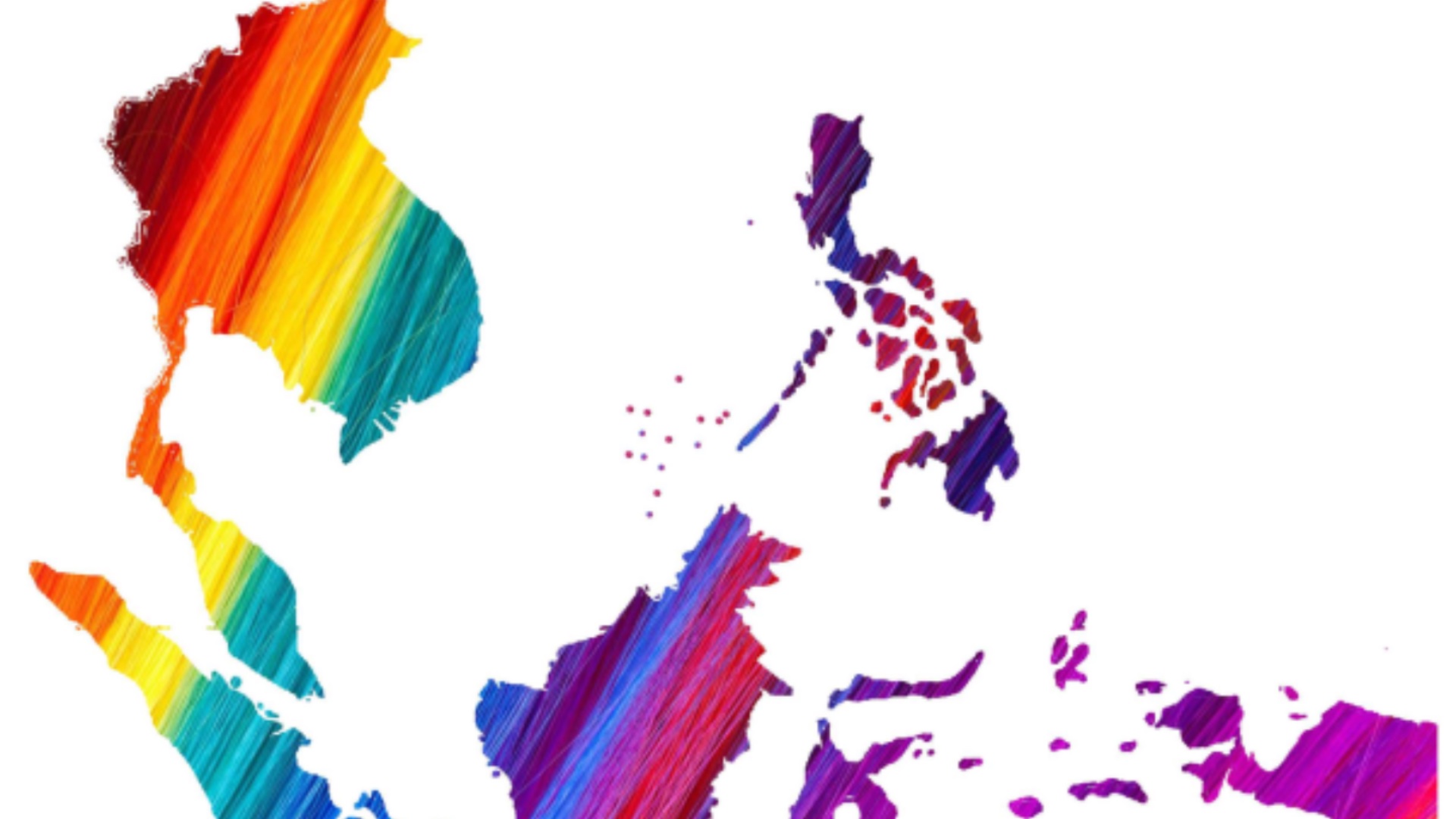
ASEAN SOGIE Caucus today releases its most recent publication, “Fact Sheet: Sexual Orientation, Gender Identity and Expression, and Sex Characteristics (SOGIESC) and the UN Human Rights Mechanisms in Southeast Asia (2017-2020)”. It provides updated information on engagements by LGBTIQ activists to raise issues related to SOGIESC within UN human rights mechanisms, and offers analysis on trends, themes, and gaps in how LGBTIQ people’s human rights issues have so far been tackled within these mechanisms.
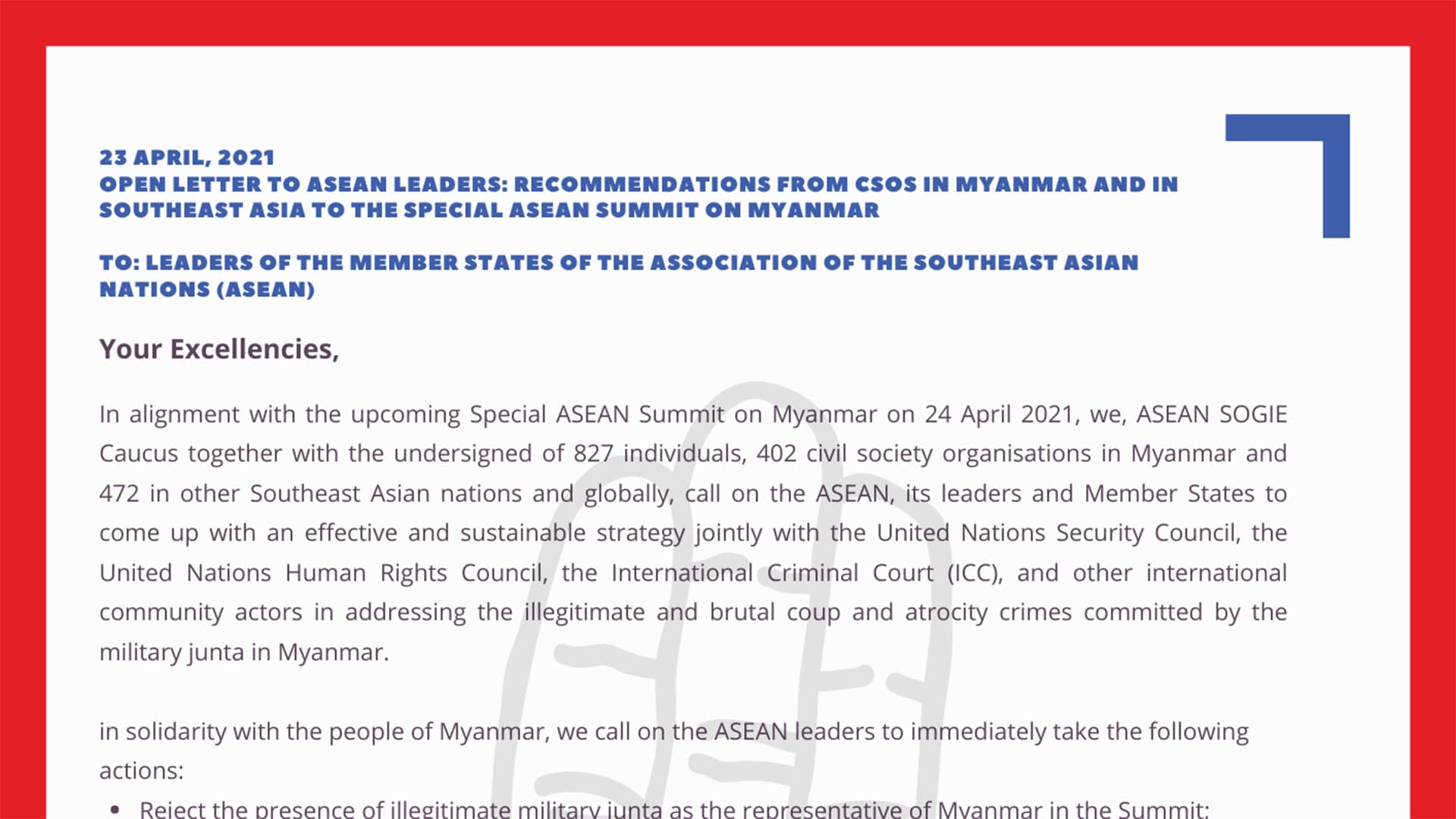
To: Leaders of the Member States of the Association of the Southeast Asian Nations (ASEAN)
Your Excellencies,
In alignment with the upcoming Special ASEAN Summit on Myanmar on 24 April 2021, we, the undersigned 827 individuals, 402 civil society organisations in Myanmar and 444 in other Southeast Asian nations and globally, call on the ASEAN, its leaders and Member States to come up with an effective and sustainable strategy jointly with the United Nations Security Council, the United Nations Human Rights Council, the International Criminal Court (ICC), and other international community actors in addressing the illegitimate and brutal coup and atrocity crimes committed by the military junta in Myanmar.